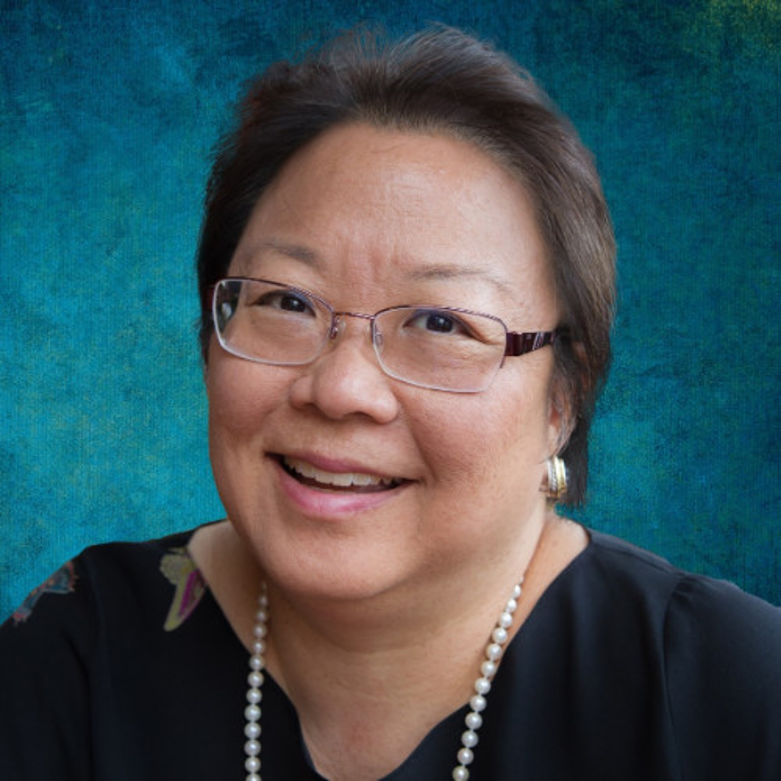
Bringing AANHPI to the Table: As we know, we have to be at the table, or else you’ll be on the menu. I came on scene when the DC political table, rooms, and conversations did not have AANHPI representation at them. It is because of leaders like the late Secretary Norman Mineta and former Congressman Mike Honda, who have never forgotten from where they came from, opened the doors and brought people in behind them. Being at the table is critical to being able to make a difference for our community.
In the 1990s, we, AANHPIs, were newcomers to the political DC scene. There were exactly four of us from the Organization of Chinese Americans and the Japanese American Citizens League who were staffing the entire AANHPI community in DC on issues such as immigration, social justice, and hate crimes. It was thanks to organizations like the National Association for the Advancement of Colored People (NAACP), National Council of La Raza (now UnidosUS), the American Jewish Committee, and the American Federation of Labor and Congress of Industrial Organizations (AFL-CIO) who welcomed us to their tables including our voice in civil rights advocacy efforts. They guided and mentored us in navigating the political arena so that our voices could be heard “at the hate crimes, voting rights, Census, Affirmative Action, Tables etc.). They helped pave the way for the AANHPI voice to be heard in Congress, the White House and through the powerful mainstream media outlets. In 30+ years, we have moved from two lone voices of OCA and JACL to now 20 national AANHPI organizations with a DC voice!
“Being at the table” in Washington, DC was a rarity for AANHPIs in the 1990s. Credibility, reputation, networks, political acumen are key ingredients to be given a seat at this nation’s highest tables. I was invited by then Secretary of Energy Bill Richardson to serve on his Department of Energy Advisory Committee due to my work on the Wen Ho Lee case (a Taiwanese-born scientist at Los Alamos nuclear laboratory accused of stealing confidential documents). I knew the community would not understand the significance of this appointment. I knew I would be attacked by the community. So I called my mentor Norman Mineta asking if I should accept the appointment. His immediate response “Of course you have to accept the appointment!” He reminded me that all of our work was to get to the “top decision making tables” so how could I turn down the opportunity on THE issue of the community at that time. I knew he was right. I accepted the position and was heavily criticized by the community for being a sell-out. The community did not understand the importance of having direct access to the Secretary of Energy.
But being “at the table” means not just putting ANY AANHPI at the table. The person must be one who will be an advocate for the community and not just “a right face” sitting at the table, which could be even more damaging.
Norm Mineta. I had the honor to work alongside him. For twenty years, he was a Democratic member of Congress representing San Jose, CA. As one of the few AANHPI members of Congress, Norm championed many civil rights issues. I had the privilege of seeing him in action, meeting with constituents, meeting with students, meeting with the President of the United States. He used his position to help AANHPIs and all disenfranchised communities. He was the first Asian American appointed in U.S. history to a Cabinet position as Secretary of Commerce by President Clinton. Highly respected by both sides of the political aisle he was asked by President George W. Bush to be Secretary of Transportation. Norm sought advice from so many people as to whether he should take the appointment. I even received his call. My response to him “Yes! The Asian American community will support you in this role.” He took the role. Never forgetting the community, Norm accepted so many community requests for meetings, for speaking engagements, for personal career advice. He was always there to listen and advise. I want to be like Norm when I grow up – a selfless, giving leader beloved by all. We need more people in this country imbued with the Norm Mineta spirit.
Have an open mind. Take advantage of opportunities. Be involved. This is key: engage in networking; this may be difficult, but very necessary. I was a very shy person, but was forced to find my voice, so that I could be an advocate for the AANHPI community. I stepped way out of my comfort zone. If I could do it others can too! Communication is key; take debate, public speaking, Toastmasters, hone your speaking skills. Also, join AANHPI organizations as a member, a volunteer, or as a board member. Be involved!